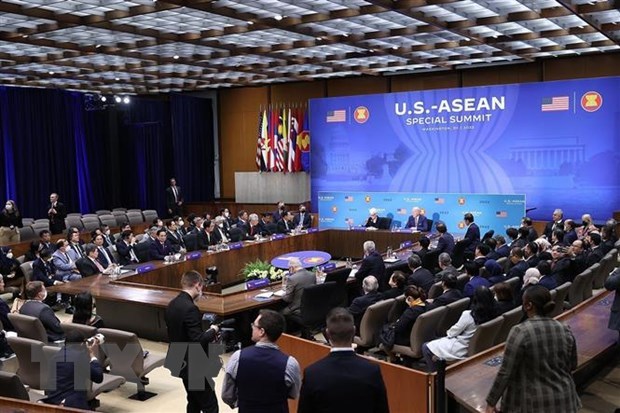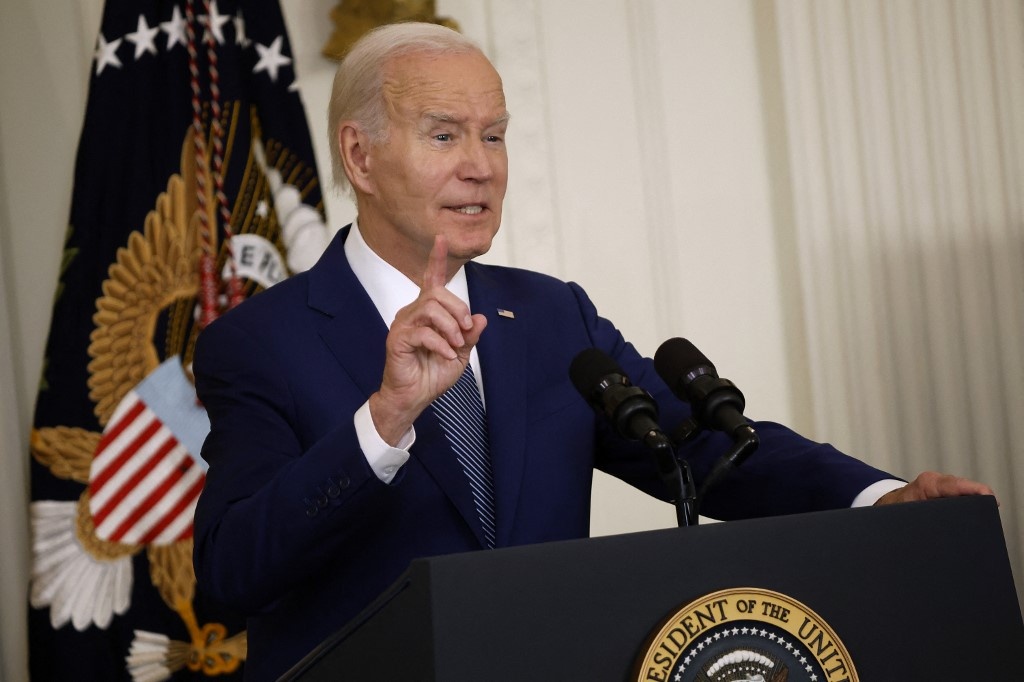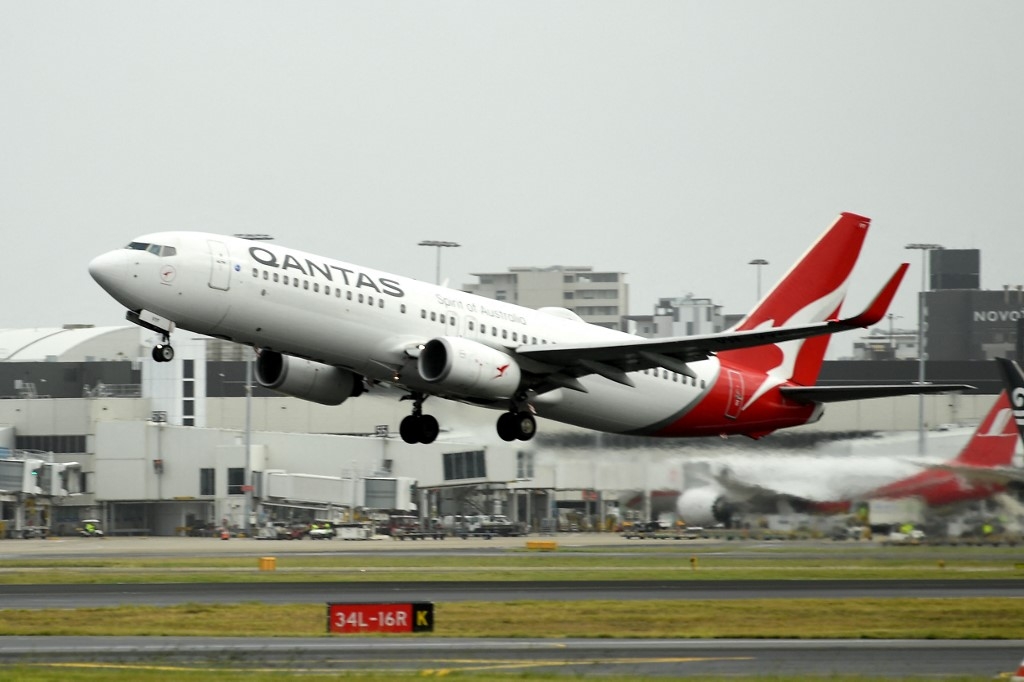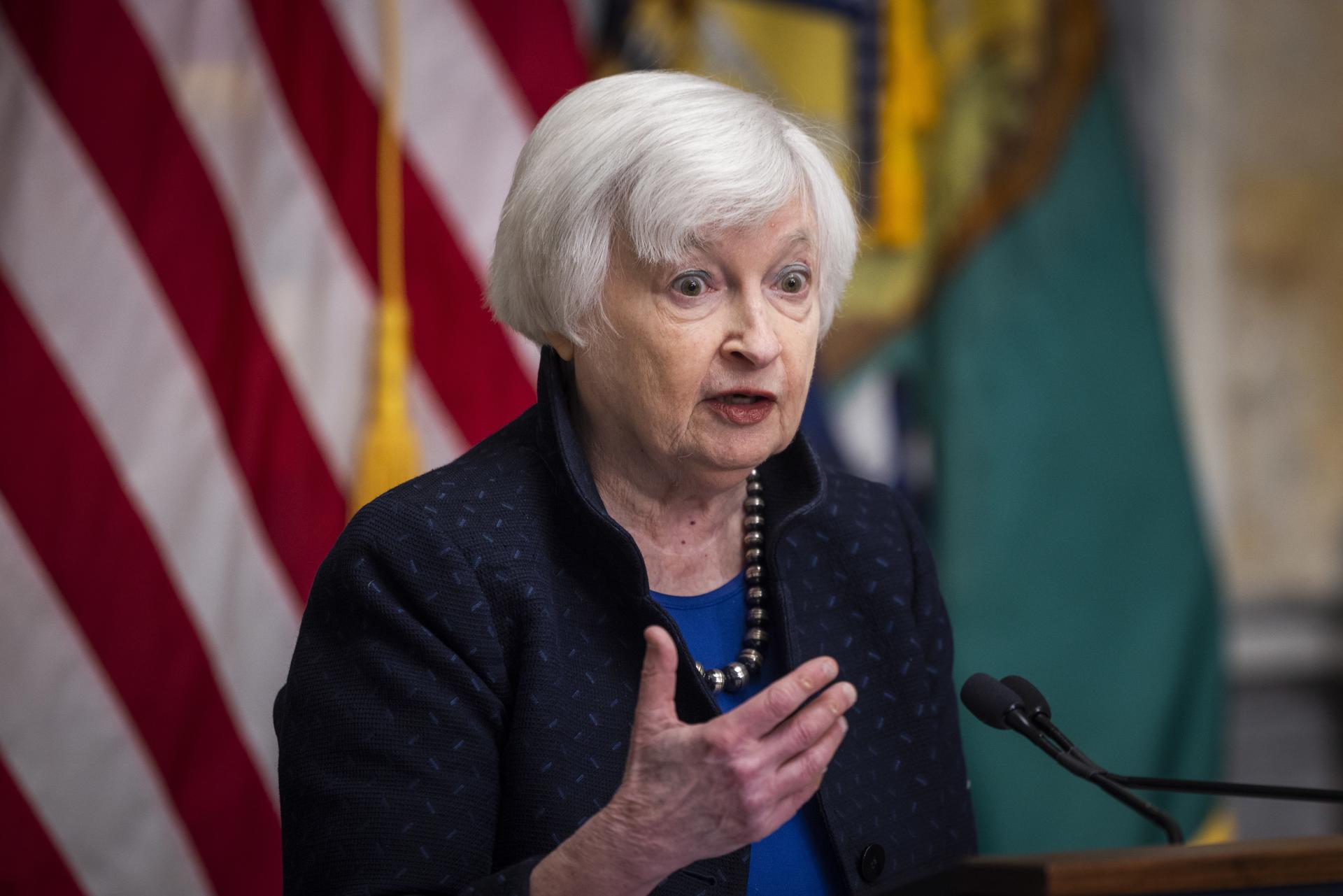China’s re-opening to impact Vietnam
China’s re-opening will boost Vietnam’s economy in tourism, exports and foreign direct investment (FDI).
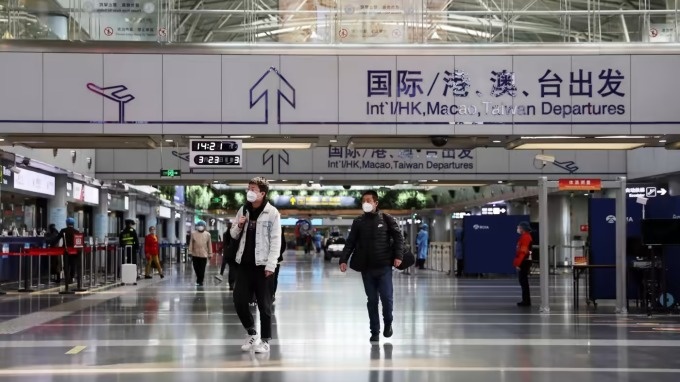
According to the latest report "2023 outlook: Three ripples from China’s re-opening" by HSBC, ASEAN is well situated to receive a punchy boost from China’s re-opening after an impressive recovery in 2022.
The direct benefit comes from the heavily-exposed tourism sector, though it offers some hope for FDI and trade.
After a strong recovery in 2022, ASEAN started 2023 with more good news as China began its re-opening on January 8. The most direct transmission channel is tourism, a sector that has been ailing in ASEAN.
Vietnam along with Thailand will be the two clear winners, as Chinese tourists made up around 30 per cent of visitors pre-pandemic. While Vietnam’s economy is not as heavily dependent on tourism as Thailand, the significance of the sector to its job market cannot be underestimated.
In Vietnam, around 25 per cent of the workforce works in food, beverage, and accommodation-related sectors. The proportion of broader tourism-related employment is low in Vietnam, with the share significantly higher in the Philippines, Malaysia and Indonesia. Meanwhile, Vietnam’s informal job market is even more sensitive to tourism, such as those working in restaurants and entertainment.
In addition, its larger services deficits, a result of a lack of tourism receipts, have been a major drag on Vietnam’s current account. More tourist receipts will thus provide further foreign currency inflows and reduce Vietnam’s services deficit, though HSBC expects only a small rebound in 2023.
The report also pointed out that ASEAN has surpassed the EU to become China’s largest trading partner since 2022, so exports should also benefit from a rebound in China demand. Agriculture exports from Vietnam, Thailand, and the Philippines will likely see considerable support from booming Chinese pent-up demand. Meanwhile, Indonesia and Malaysia will likely keep outperforming in exports as commodity prices stay high.
The most notable drag came from weakening electronics exports, making Vietnam and Singapore particularly vulnerable. Vietnam’s phone and computer shipments saw an even more striking decline of close to 30 per cent on-year in December. In particular, given the import-intensive nature of tech manufacturing, plunging electronics imports signals an uncertain outlook for tech exports.
The green shoots in terms of trade prospects is through FDI, an area which has seen China’s growing footprint in ASEAN. Over the years, China has been investing heavily in ASEAN’s booming manufacturing sector, ranging from the EV supply chain in Indonesia and Thailand, to consumer electronics in Vietnam, as well as Singapore’s promising pharmaceuticals.
High-profile examples include Apple’s plans to relocate the MacBook supply chain to Vietnam. Goertek and Luxshare, two of Apple’s three major suppliers (in addition to Taiwan’s Foxconn), have poured additional funds worth $400 million and $306 million, respectively, to expand their production of consumer electronics and multimedia equipment.
This is part of Apple’s ongoing expansion plans into Vietnam, with the most recent relocation being for its relatively complicated MacBook supply chain, which is expected to start producing in mid-2023.




